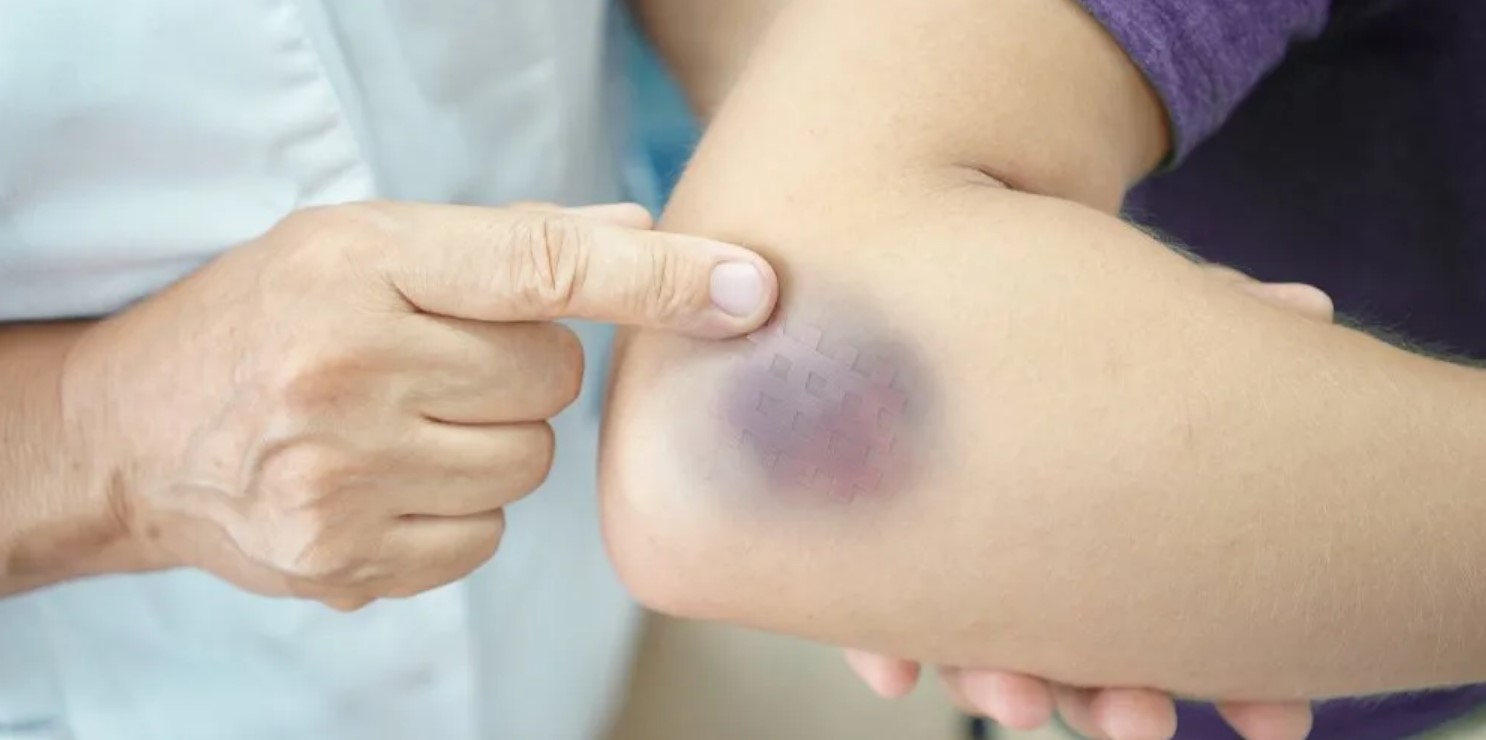
Nutrition plays a crucial role in maintaining overall health, including the health of blood vessels and the body's ability to heal from injuries. When it comes to managing unexplained bruising, certain nutrients can be particularly beneficial. Here's how nutrition can help:
1. Vitamin C
Vitamin C is essential for collagen production, which helps maintain the integrity of blood vessels and skin. Adequate vitamin C intake can strengthen blood vessel walls, reducing the likelihood of bruising from minor trauma.
2. Vitamin K
Vitamin K is necessary for proper blood clotting, which can help prevent excessive bleeding and reduce the severity of bruises. Foods rich in vitamin K include leafy greens, broccoli, Brussels sprouts, and fermented foods like sauerkraut.
3. Iron
Iron deficiency can lead to anemia, which may manifest as easy bruising. Ensuring an adequate intake of iron-rich foods such as red meat, poultry, fish, beans, lentils, and fortified cereals can help support healthy blood production and reduce the risk of unexplained bruising.
4. Essential Fatty Acids
Omega-3 fatty acids, found in fatty fish like salmon, mackerel, and sardines, as well as flaxseeds, chia seeds, and walnuts, have anti-inflammatory properties that can help reduce inflammation associated with bruising and promote healing.
5. Hydration
Staying hydrated is essential for maintaining blood volume and ensuring optimal blood flow, which can help prevent bruising. Aim to drink plenty of water throughout the day and consume hydrating foods like fruits and vegetables.
Conclusion
Optimal nutrition is vital for managing unexplained bruising and promoting overall health and well-being. By incorporating nutrient-rich foods into your diet and staying hydrated, you can support healthy blood vessels, enhance blood clotting, and reduce the risk of bruising. If you have concerns about unexplained bruising or nutritional deficiencies, consult with a healthcare professional for personalized guidance and recommendations.